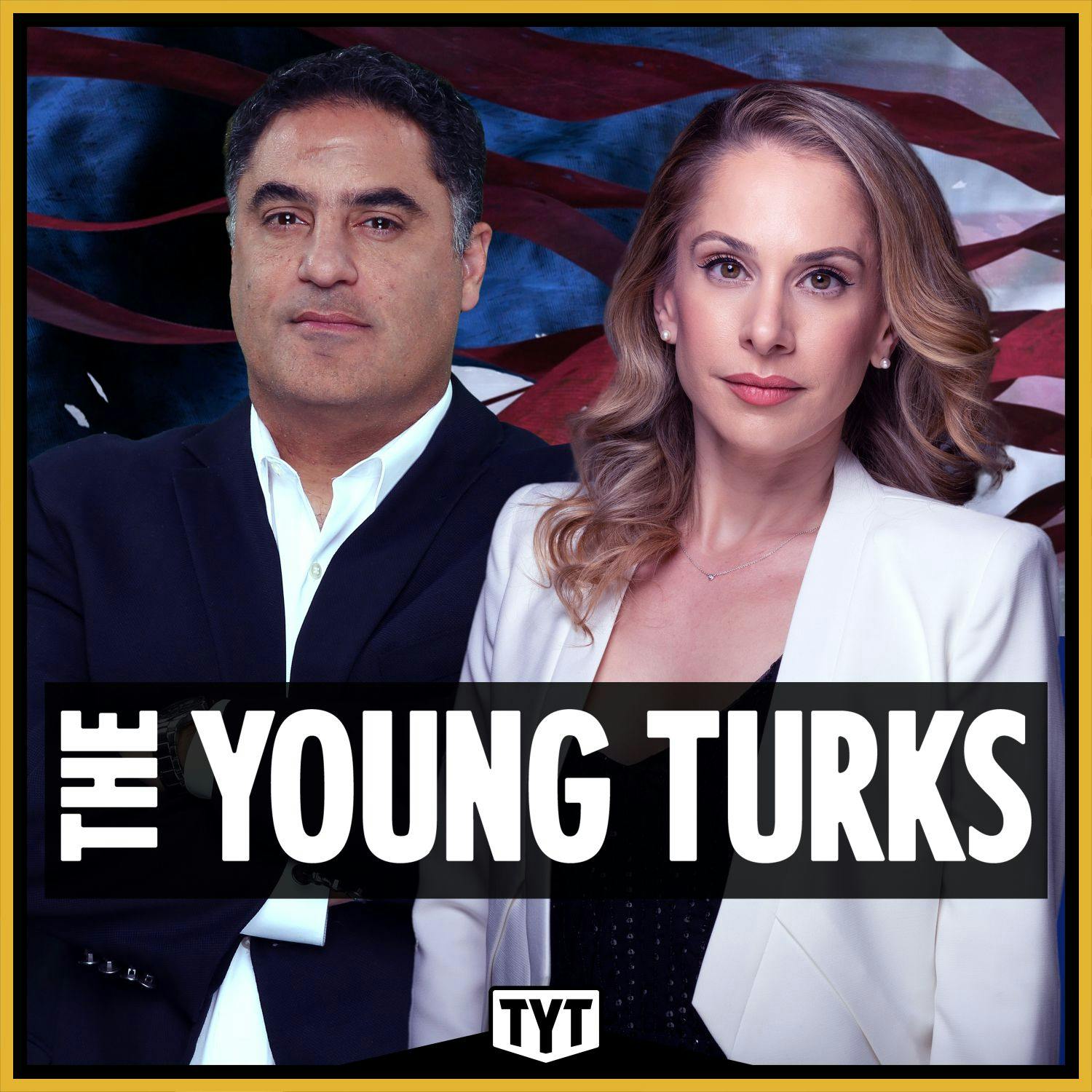PortalsOS
Related Posts
Vote to see vote counts

The work of politics involves strategic compromises to achieve broader goals. This can sometimes mean supporting candidates or policies that don't fully align with one's values to gain power and enact change.

The concept of impoundment, which Russell Vogt supports, allows the president to block spending that has been approved by Congress, challenging the traditional power of the purse.

Congress has not followed the 12 separate appropriations process for a long time, opting instead for omnibus bills that cram everything into one large bill.

The judiciary's role in political decisions, such as the deployment of troops, raises questions about the balance of power in government.

President Trump's administration has extraordinary authority to choose which agencies to close and what spending to prioritize during the shutdown.

Freedom is often misunderstood as merely freedom from constraints, but true freedom involves being free for things, like fulfilling one's responsibilities and roles.

The idea that the president might be able to define his own facts, declaring something as an insurrection to invoke desired powers, raises questions about the role of the courts in checking such actions.
Russell Vogt's meticulous planning and radical vision for government could fundamentally change the balance of power between the branches of government, concentrating more authority in the presidency.

Whenever you exist within a space where there's a lot of vague language, you can use that to justify all manner of things.

Impoundments allow the executive branch to refuse spending money allocated by Congress, posing a threat to Article I powers. This practice is seen as an executive overreach, undermining congressional authority over budget allocations.